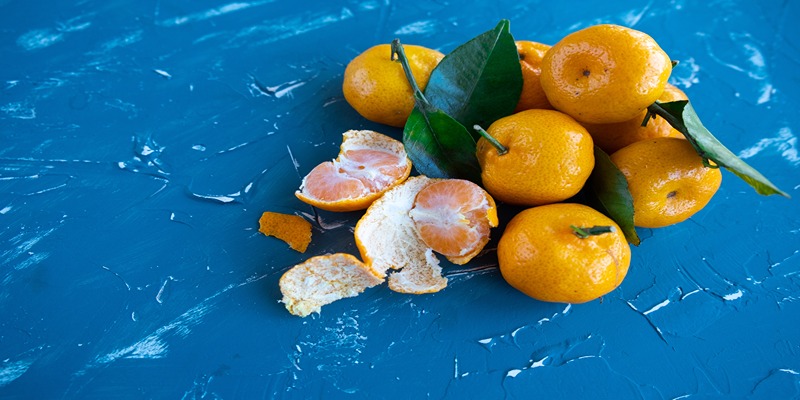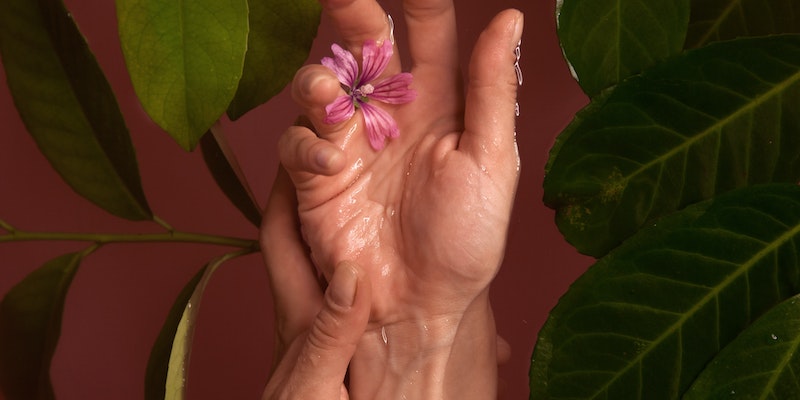People looking for natural methods to improve their health have been curious about astaxanthin, which has recently gained a lot of attention due to its possible health advantages. Researching the complexities of astaxanthin, such as its dietary sources, suggested dose, and potential side effects, is becoming more important as interest in this powerful antioxidant keeps on rising. The many facets of astaxanthin will be illuminated in this article, which will provide helpful information on its health benefits, how to include it into your diet, how to calculate the correct dose, and what safety measures to take. The first step in maximizing astaxanthin's health benefits for a longer, healthier life is to have an understanding of how it promotes general well-being.

Astaxanthin Health Benefits
Antioxidant Powerhouse
The antioxidant powerhouse astaxanthin is well-known for its remarkable efficacy in neutralizing free radicals. When it comes to neutralizing these dangerous compounds, astaxanthin is much more effective than other antioxidants. Astaxanthin successfully combats oxidative stress, a major factor in the aging process and chronic diseases. Its ability to neutralize free radicals is crucial in protecting the integrity of our cells and tissues. This powerful antioxidant is a great tool for improving health and preserving young since it acts as a natural defense against cellular damage and early aging. Astaxanthin is an exceptional protector against oxidative stress due to its outstanding antioxidant activities.
Skin Health and Anti-Aging
Also, being the biggest organ in the body, the skin, reaps several advantages from astaxanthin. This extraordinary antioxidant may provide benefits for skin health and anti-aging. Because it helps keep skin hydrated and lessens the negative effects of UV radiation, astaxanthin is a factor in looking young. Add it to your skincare regimen if you want to keep your skin looking young and healthy. Astaxanthin helps achieve a young, healthy complexion by reducing the visibility of fine lines and wrinkles. When it comes to achieving age-defying beauty and wellness, astaxanthin is an invaluable tool due to its capacity to treat skin issues and improve skin health.
Eye Health and Vision Support
The antioxidant power of astaxanthin allows it to shield our priceless eyes from harm. Because of its exceptional capacity to cross the blood-retinal barrier, this extraordinary antioxidant is vital in preserving eye health. As we become older, our eyes are more vulnerable to age-related macular degeneration (AMD) and cataracts because astaxanthin protects them from oxidative stress. In addition to bolstering the lens and retina, astaxanthin aids in general eye health and keeps vision sharp and clear. Astaxanthin demonstrates its worth as a companion in protecting our eyes from oxidative stress by reducing its effects in the eyes.
Astaxanthin Food Sources
Natural Sources
Microalgae, such as Haematococcus pluvialis, produce astaxanthin as a natural defensive mechanism in response to severe environmental conditions. Aside from humans, some marine organisms get astaxanthin by consumption of these microalgae, including prawns, krill, and salmon. To get the health advantages of astaxanthin, a naturally occurring pigment present in seafood, one may consume these aquatic organisms.

Supplements and Extracts
Supplements and extracts are accessible for those seeking a more concentrated and convenient method of incorporating astaxanthin into their diet. Astaxanthin supplements provide a consistent and potent dose of this antioxidant, derived from either microalgae or shellfish. Astaxanthin is now readily available in several supplement formats, such as softgels, capsules, and powders.
Dietary Incorporation
An effective method to enhance your diet's nutritional value is by consuming a greater quantity of astaxanthin-rich foods. To get the advantages of astaxanthin in a more organic manner, consider including prawns, salmon, or trout into your meals. Alternatively, you might explore the realm of cookery by seeking for dishes that need microalgae abundant in astaxanthin. Astaxanthin may enhance your overall health and well-being via several means, such as consuming it from natural sources, taking supplements, or incorporating it into your food in innovative ways.
Astaxanthin Dosage Guidelines
Recommended Daily Dosage
The ideal amount of astaxanthin to take every day is conditional on the specific health objectives and requirements of the person. The typical recommendation is 4 to 12 milligrammes per day to promote antioxidants and overall health. On the other hand, those seeking relief from skin issues or joint discomfort may benefit from greater doses. Always observe your body's reaction before increasing the dosage; starting with a lower amount is essential. If you want to know how much medication to take every day depending on your specific needs, it's best to go to a doctor.
Considerations for Specific Needs
Individual requirements and health situations must be considered before astaxanthin supplementation is considered. Higher doses of astaxanthin may aid recovery and decrease exercise-induced oxidative stress in athletes and those who engage in strenuous physical activity. People who are looking to maintain healthy skin and slow the aging process may find that lesser dosages work best for them. Any woman planning to use a supplement while pregnant or nursing should talk to her doctor beforehand. In order to be sure that astaxanthin supplementation is safe and suitable for their circumstances, those with certain medical issues or who are taking drugs should see a medical expert.
Potential Interactions and Side Effects
Although astaxanthin is usually well-tolerated when taken exactly as prescribed, it's important to be mindful of any interactions and negative effects. You should talk to your doctor before beginning astaxanthin supplements if you are on any blood-thinning drugs since the two may interact negatively. A transient and harmless flushing of the skin is one of the common yet moderate adverse effects. Always use astaxanthin exactly as prescribed and talk to your doctor before taking it with any other supplement or medicine to reduce the likelihood of negative effects and drug interactions.
Conclusion
Astaxanthin is a new and exciting natural substance that has many positive effects on health. It protects cells and tissues from damage caused by oxidative stress because of its powerful antioxidant effects. Astaxanthin has several uses; it helps the skin, slows the aging process, and protects the eyes from harmful UV rays and other ailments. Astaxanthin is a formidable ally in the fight for optimum health, whether one's goal is to preserve young vigor, improve general well-being, or save priceless eyesight. Its importance in the field of natural health treatments and dietary supplements is underscored by its ability to address a wide range of health conditions.




